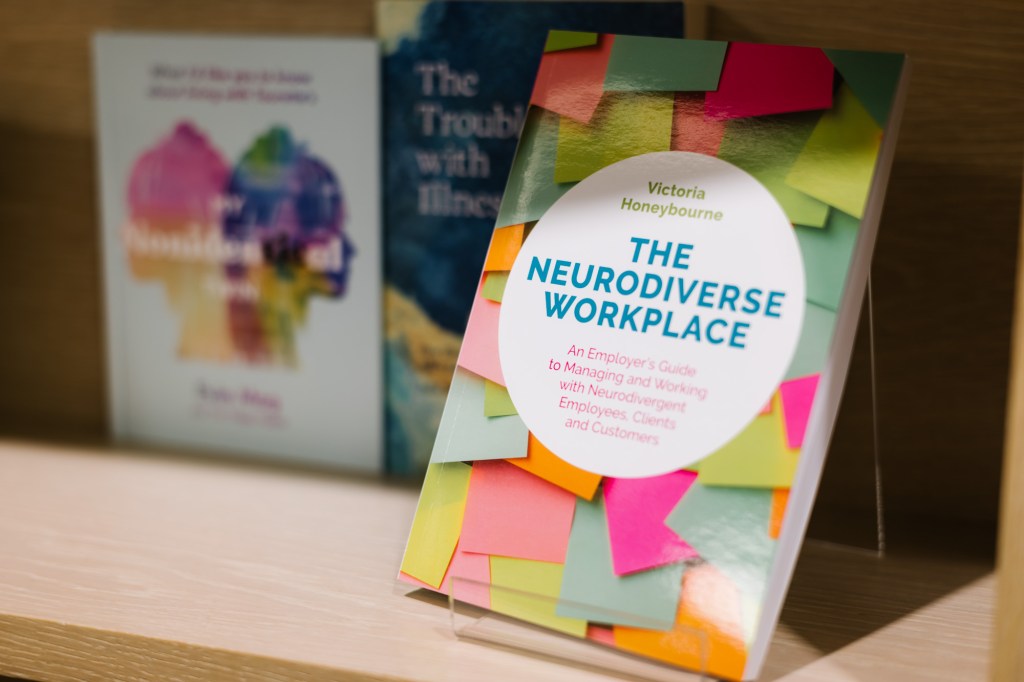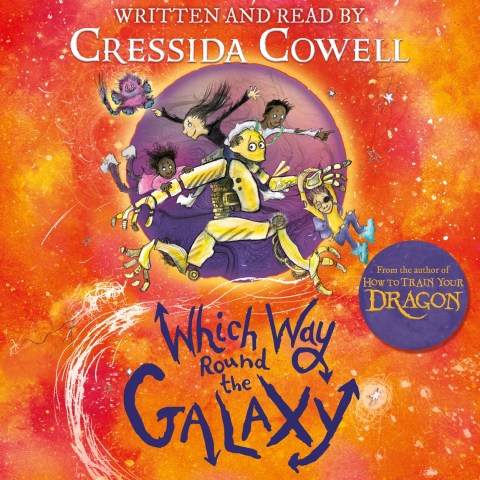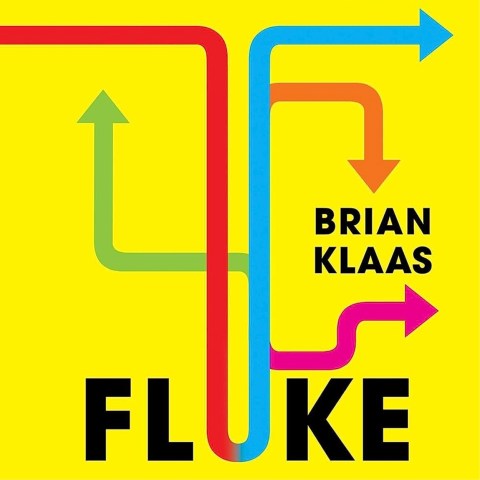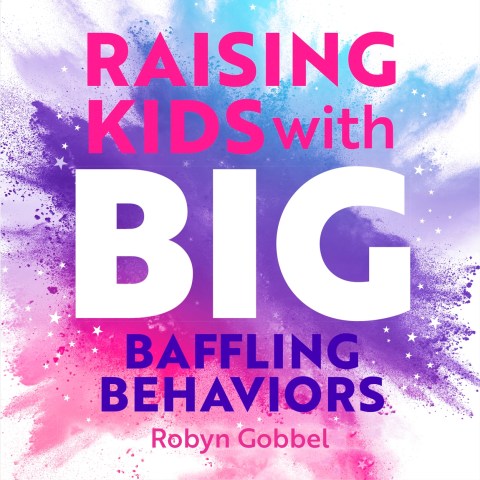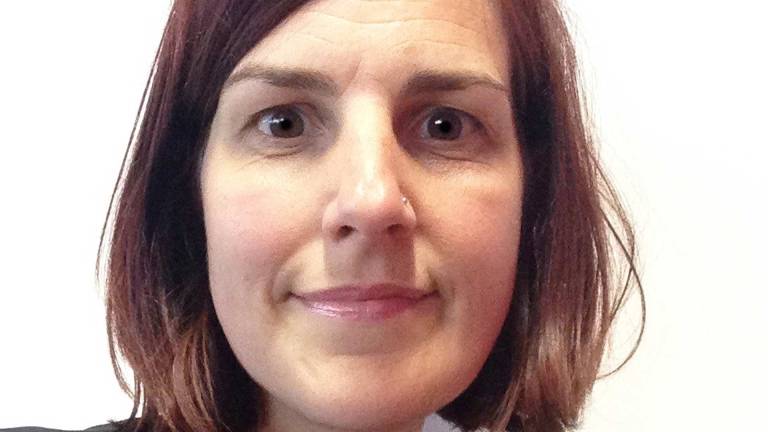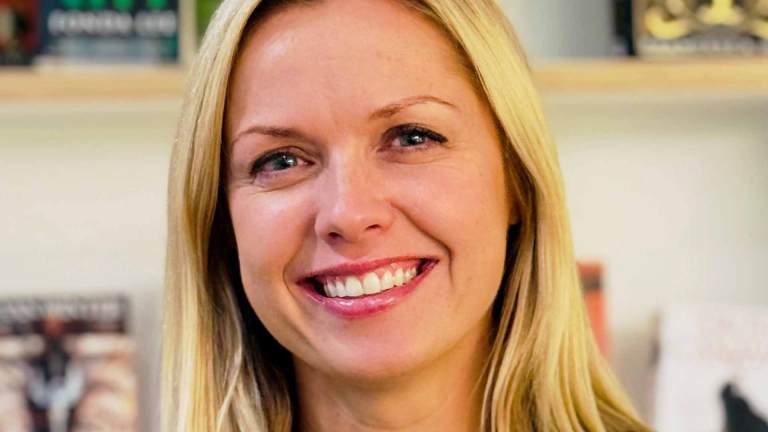Meet our people
Our business is powered by talented people on a mission to make it easy for people to discover new worlds of ideas, learning and opportunity. Discover more about their roles and why they love working here.

Discovering THRIVE (Hachette’s network for Black, Asian and mixed heritage staff and allies) when I joined the company was incredibly significant as I felt there was a place of belonging for me that has since played a huge role, not only in my career so far, but in allowing me…

If you want somewhere where really the only limit to what you can achieve, is what effort you decide to put in, then Hachette is a great choice for you. Finance Business Partner

I’ve worked in book publishing for a number of years, and the culture which Orion strives for rang loud and clear when I was considering a role. I’m currently Publishing Operations Director. I love that Hachette UK offers a culture of ambition backed up with both action and investment. Our…




